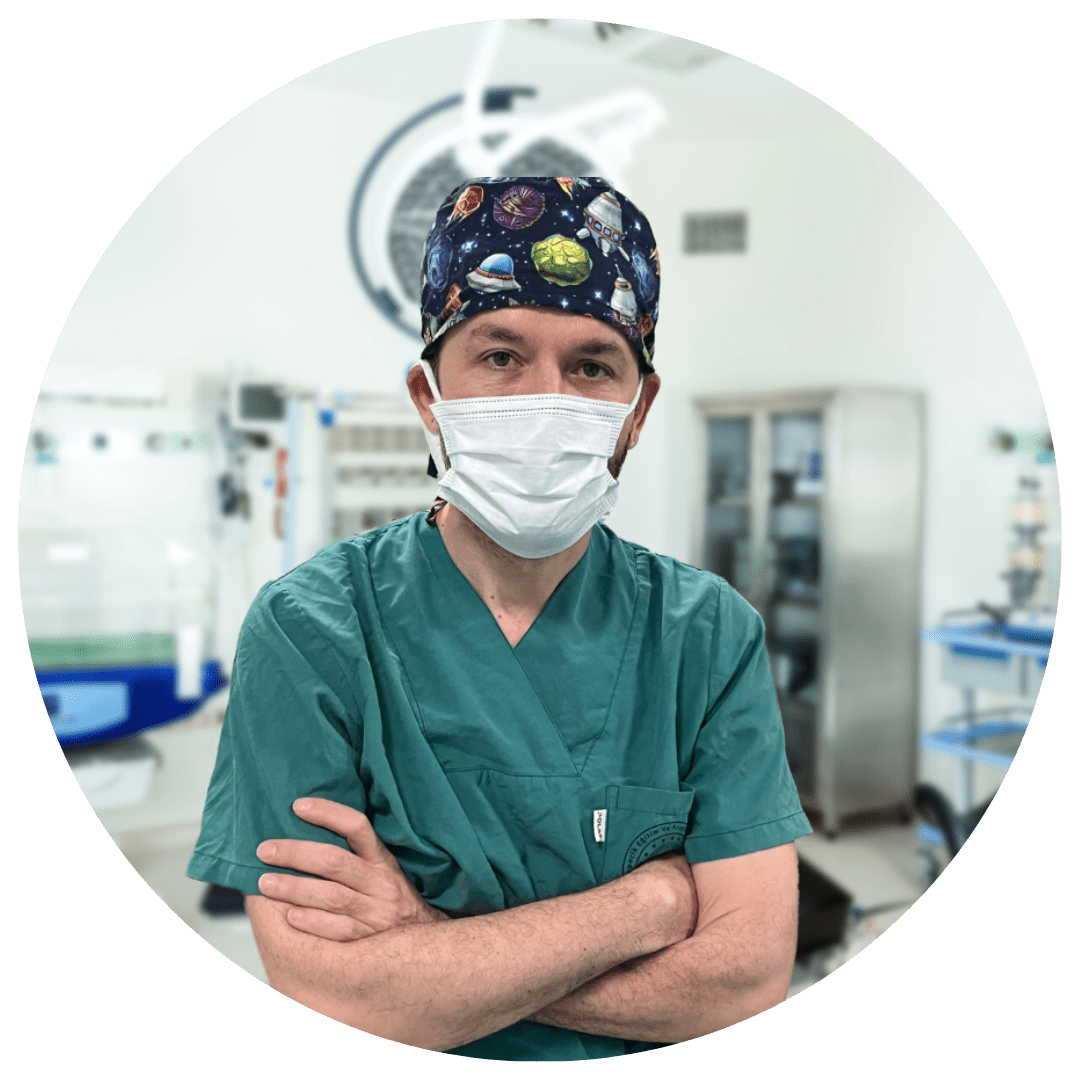- 15 August 2022
- Prof. Dr. Gökhan Koç
- Comment: 0
- Blog
Questions such as sexual life after prostate surgery and how many days after prostate surgery should be had sexual intercourse are among the issues that are wondered by those who have prostate problems and those who are considering surgery.
It is recommended not to have sexual intercourse during the first six weeks during the recovery period after prostate surgery.It is recommended to wait for the surgical area to fully heal before having sexual intercourse after prostate surgery.
It is still a matter of curiosity whether there is any change in sexual life and sexual performance after prostate surgery. In response to this question, it can be said that men’s sexual life is mostly unaffected after prostate surgery. However, before this surgery, medical supervision is required for individuals who have sexual problems.
Some sexual problems may occur in men some time after prostate surgery. However, these problems are treatable. The condition and success of the surgery, whether there is damage to the nerves in the groin area, and the general health condition of the patient have an impact on sexual life.
The fear of ending sexual life after prostate surgery is quite common, but this is a wrong idea. Even if there are some problems that can be treated after successful surgeries, it is wrong to say that sexual life will end completely.
There are some problems that occur after surgery. These; First of all, it is erectile dysfunction, that is, during prostate surgery, some patients may experience erection problems due to damage to the nerves around the prostate.It is possible to treat this problem.
With technological developments, the success rate of surgical procedures increases and the frequency of erectile dysfunction problems decreases. Another is the problem of reflux. In other words, when a man ejaculates during sexual intercourse, the semen is not expelled, it goes back to the bladder and is excreted from the bladder through urine.
There is no decrease in sperm quality in men after prostate surgery. However, if this reflux situation continues, couples who want to have a baby can resort to in vitro fertilization. This condition, known as Retrograde Ejaculation, or dry ejaculation, does not prevent the person from having an orgasm.
Sexual life after prostate cancer surgery varies depending on the stage of the disease, the surgical techniques applied and whether the surgeon is experienced or not. During prostate cancer surgeries, the nerves leading to the penis, adjacent to the prostate, may be damaged.
For this reason, erectile dysfunction is common in patients after surgery. However, in some patients, this problem partially resolves within 6 months to 1 year after surgery. However, sometimes patients may have permanent erection problems, in which case the installation of a penile prosthesis, that is, a happiness stick, is the only treatment method.
In robotic surgery procedures, the surgical area is magnified 15 times, which shows the nerves around the prostate better and the possibility of injury is reduced compared to other open surgery. For this reason, erection problems are less common after robotic surgery.
Prostate surgery, which is the subject here, is surgery performed due to benign prostate.Sexual problems after surgery for prostate cancer are another issue. There is a misconception that men who have had prostate surgery have an end to their sexual life. But this is not true.
In prostate surgeries, depending on the type and duration of energy to be used, in certain cases, damage may occur to the erectile nerves that go from around the prostate to the penis. In such cases, patients may experience erection problems.
However, such situations are rare and treatment is mostly possible. With the advancements in technology and the medical world, the incidence of erectile dysfunction is decreasing.

Prof. Dr. Gökhan Koç graduated from Gazi University Faculty of Medicine in 2000. After his graduation, he worked as a research assistant in the urology clinic at Tepecik Training and Research Hospital for 5 years and became a specialist doctor in 2007. He currently provides services in urological surgery in İzmir.




